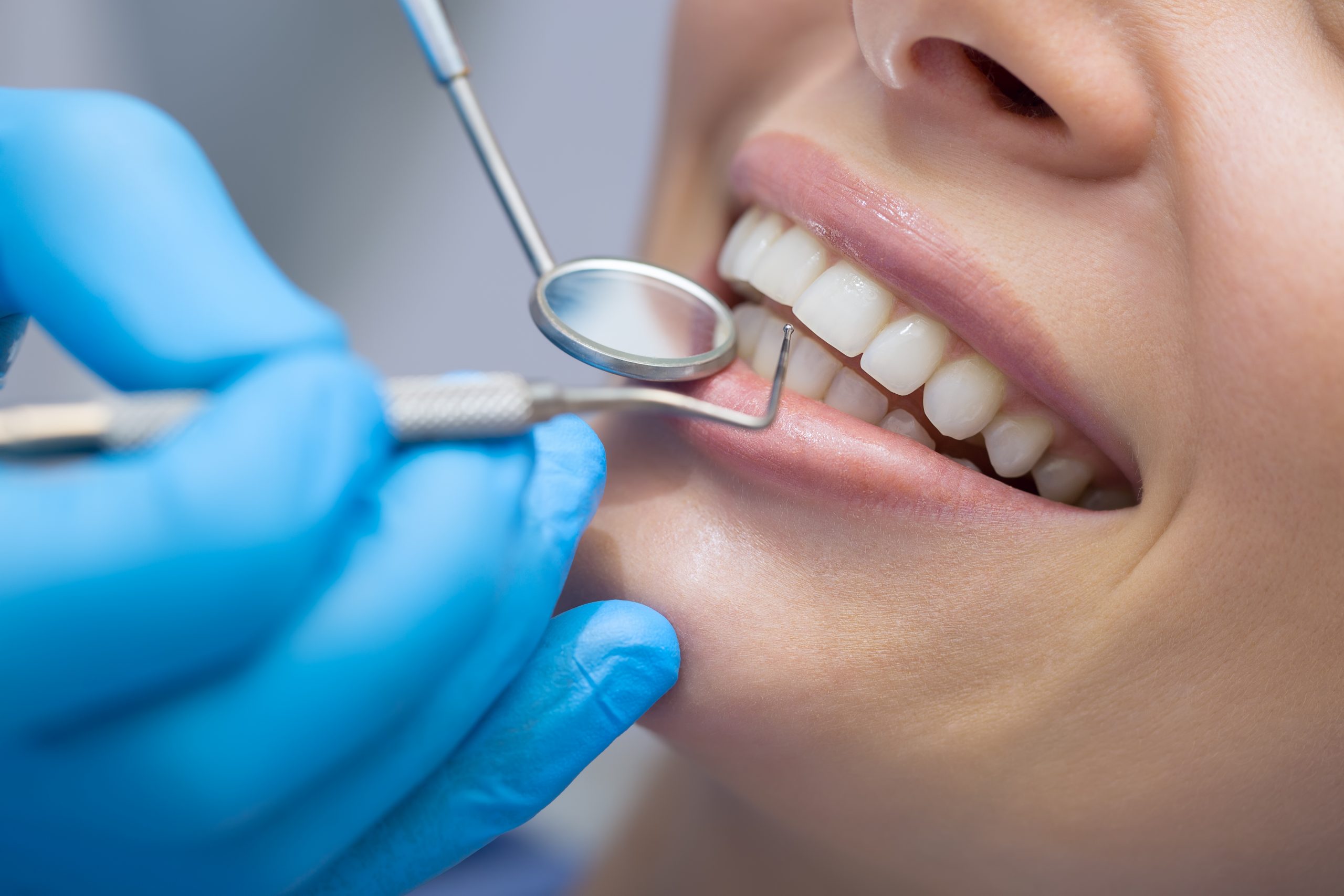Maintaining good oral health is essential for overall well-being, and it becomes even more crucial for individuals with diabetes. Diabetes is a condition that affects the body’s ability to regulate blood sugar levels. While most people are aware of the impact of diabetes on various organs and systems, the connection between dental health and diabetes is often overlooked. In this article, we will explore the link between dental health and diabetes and discuss important considerations for individuals with diabetes.
- Increased Risk of Gum Disease: Individuals with diabetes have a higher risk of developing gum disease, also known as periodontal disease. Gum disease is a chronic bacterial infection that affects the tissues surrounding the teeth. Diabetes can weaken the body’s immune system, making it harder to fight off infections, including gum disease. Conversely, untreated gum disease can make it more challenging to control blood sugar levels, creating a two-way relationship between diabetes and gum health.
- Poor Blood Sugar Control and Oral Health: Poorly controlled blood sugar levels can have a negative impact on oral health. High blood sugar provides an ideal environment for bacteria to thrive, increasing the risk of dental issues such as tooth decay, cavities, and gum disease. Additionally, individuals with diabetes may experience delayed wound healing, including oral wounds. This can make it harder for the mouth to recover from oral surgeries, tooth extractions, or other dental procedures.
- Dry Mouth: Diabetes can contribute to dry mouth, a condition characterized by reduced saliva production. Saliva plays a crucial role in maintaining oral health by neutralizing acids, washing away food particles, and preventing bacterial overgrowth. With reduced saliva flow, individuals with diabetes may experience an increased risk of tooth decay, bad breath, and oral discomfort.
- Oral Infections: Diabetes can compromise the body’s ability to fight infections, making individuals more susceptible to oral infections. Common oral infections in individuals with diabetes include thrush (a fungal infection), oral candidiasis, and infections in the salivary glands. These infections can cause discomfort, difficulty eating or speaking, and require prompt treatment to prevent further complications.
- Gum Inflammation and Cardiovascular Health: Periodontal disease is not only a concern for dental health but also has implications for cardiovascular health. The inflammation caused by gum disease can contribute to systemic inflammation, increasing the risk of heart disease and stroke. Individuals with diabetes already have a higher risk of cardiovascular problems, and maintaining good oral health becomes even more critical in managing overall cardiovascular health.
- Importance of Dental Care: Regular dental care is essential for individuals with diabetes. It is recommended to visit the dentist at least twice a year for check-ups and professional cleanings. Dental professionals can assess the health of your gums, provide guidance on proper oral hygiene techniques, and identify any early signs of oral health issues. They can also coordinate with your healthcare team to ensure comprehensive diabetes care.
- Oral Hygiene Practices: Practicing good oral hygiene at home is crucial for individuals with diabetes. Brush your teeth at least twice a day using a soft-bristle toothbrush and fluoride toothpaste. Floss daily to remove plaque and food particles from between the teeth and along the gumline. Consider using an antimicrobial mouthwash recommended by your dentist to further support oral health.
- Blood Sugar Control: Maintaining optimal blood sugar control is key to managing both diabetes and oral health. Consistently monitoring blood sugar levels, following your healthcare provider’s recommendations for medication or insulin use, and adopting a balanced diet can help keep blood sugar levels within a target range. This, in turn, supports better oral health outcomes.
In conclusion, there is a strong connection between dental health and diabetes. Individuals with diabetes have an increased risk of gum disease, oral infections, dry mouth,





